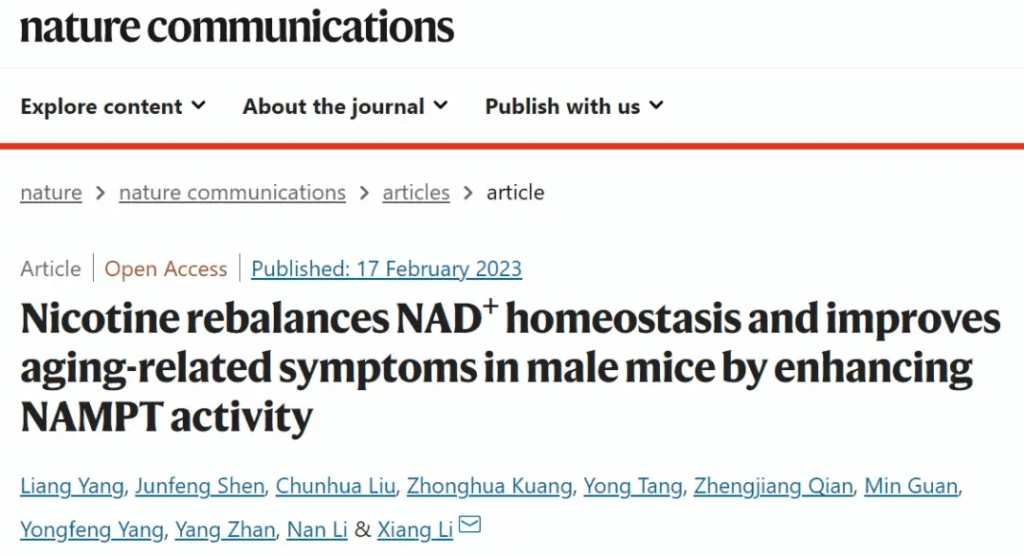
1. The Science of Snus: A Safer Alternative?
Snus has sparked global debate as a “harm reduction” tool. Studies show it contains 90% fewer carcinogens than cigarettes due to pasteurization processes and smokeless consumption. Unlike dip or chewing tobacco, snus requires no spitting and delivers nicotine through oral absorption, minimizing secondhand smoke risks.
- FDA Recognition: In 2023, snus was granted MRTP (Modified Risk Tobacco Product) status by the FDA, acknowledging its reduced health risks compared to smoking.
- Cancer Risk: Swedish studies reveal snus users have 50% lower pancreatic cancer rates than smokers, though oral cancer risks remain debated.
- Youth Trends: Despite concerns, Gen Z adoption in the U.S. has surged, with 33% of 18-24-year-olds using snus daily as a discreet alternative to vaping.
2. Nicotine’s Dual Role: From Addiction to Therapy
Emerging research explores nicotine’s paradoxical potential:
- Cognitive Enhancement: Nicotine stimulates acetylcholine receptors, improving memory and focus. Trials at Johns Hopkins test snus-derived nicotine for Alzheimer’s symptom management.
- Mental Health: A 2025 meta-analysis found snus users report 30% lower anxiety levels than smokers, possibly due to controlled nicotine dosing
| Nicotine Source | Addiction Risk | Health Impact | Medical Potential |
|---|---|---|---|
| Cigarettes | High | Severe | None |
| Snus | Moderate | Moderate | High |
| NRT Patches | Low | Minimal | Proven |
3. Cultural Acceptance in the U.S.: Barriers and Breakthroughs
Despite scientific support, snus faces perception challenges:
- Skepticism: Many smokers view snus as a “compromise” rather than a quitting aid. Focus groups reveal 65% distrust safety claims from tobacco brands10.
- Regional Preferences: In California, flavored snus adoption dominates (22% market share), while Texas sees rural growth with wintergreen and bourbon flavors.
4. Ethical Marketing: Balancing Profit and Public Health
Brands like SnusDirect leverage transparency to build trust:
- Educational Content: Blogs explain snus processing (e.g., pasteurization vs. fermentation).
- Sustainability: Recyclable tins reduce carbon footprint by 30%, aligning with Gen Z’s eco-conscious values.
- Community Building: A 100,000-member global community shares harm reduction success stories, boosting retention rates
